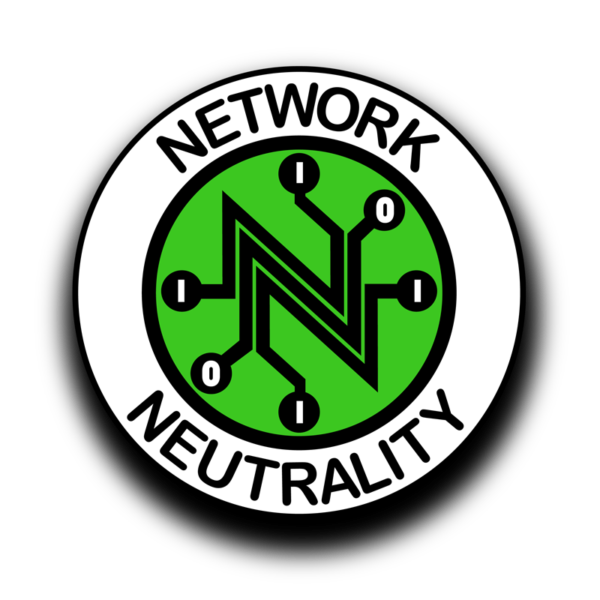FCC repeals Net Neutrality

Photo Pixabay under Creative Commons license
December 14, 2017
The Federal Communications Commission voted 3-2 in favor of repealing Net Neutrality on Thursday, granting Internet providers more power over the web.
But what does this really mean? Net Neutrality is the principle that Internet service providers must treat all data equally, and must not discriminate or charge differently by user, application, or platform.
Just like a person’s phone company can’t control who that person calls or what he or she says on that call, Internet service providers shouldn’t be allowed to control the media people can view or share. These companies can now slow down or block competitors’ content, or political content that the company may not agree with.
Several countries in the European Union don’t have net neutrality, or have restricting laws. For example, the British provider Vodaphone charges about $33 for basic service but makes consumers add on several tiers of service for social media usage, music and video streaming, at up to $9.30 a month.
This also allows Internet service providers to bar certain applications from certain tiers, and disadvantage customers.
The FCC decided to go through with this repeal plan, despite a poll that said 83 percent of Americans opposed it, including three out of four Republicans, according to The Washington Post.
The repeal could affect many websites that students use daily, including Netflix and Google, in a very negative way. These companies will have to pay massive amounts of money to keep the same amount of content flowing to the consumers, or the Internet service providers could slow down the speed at which people could access Netflix content.
There is a way to stop the repeal. Congress could take Net Neutrality out of the FCC’s hands, but with Republicans controlling Congress this is highly unlikely.



